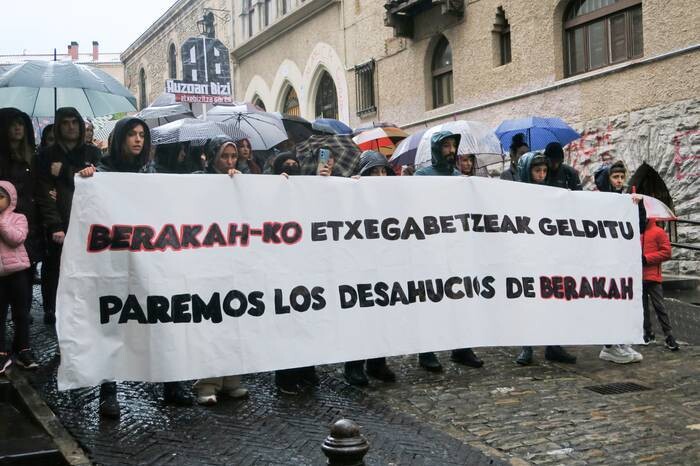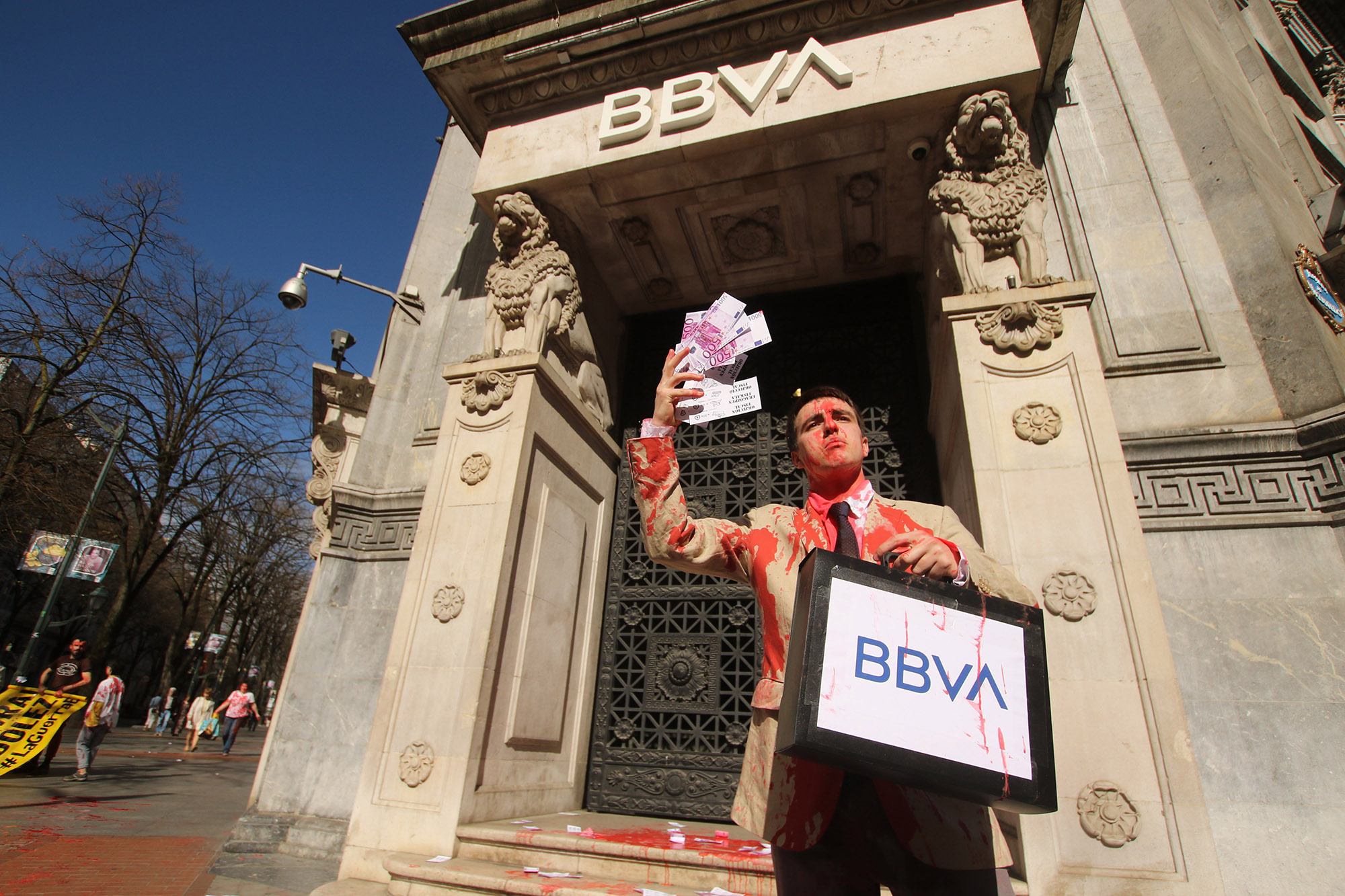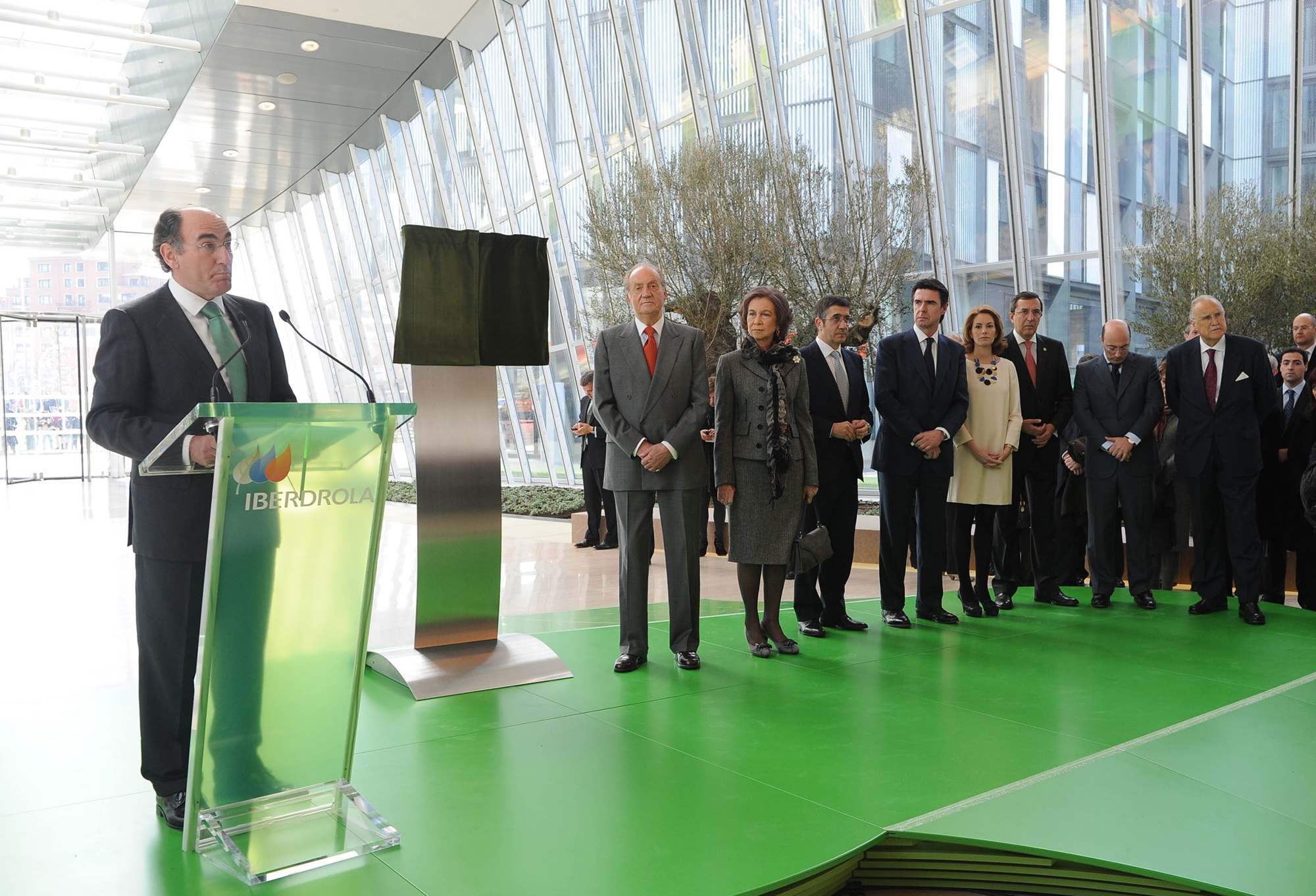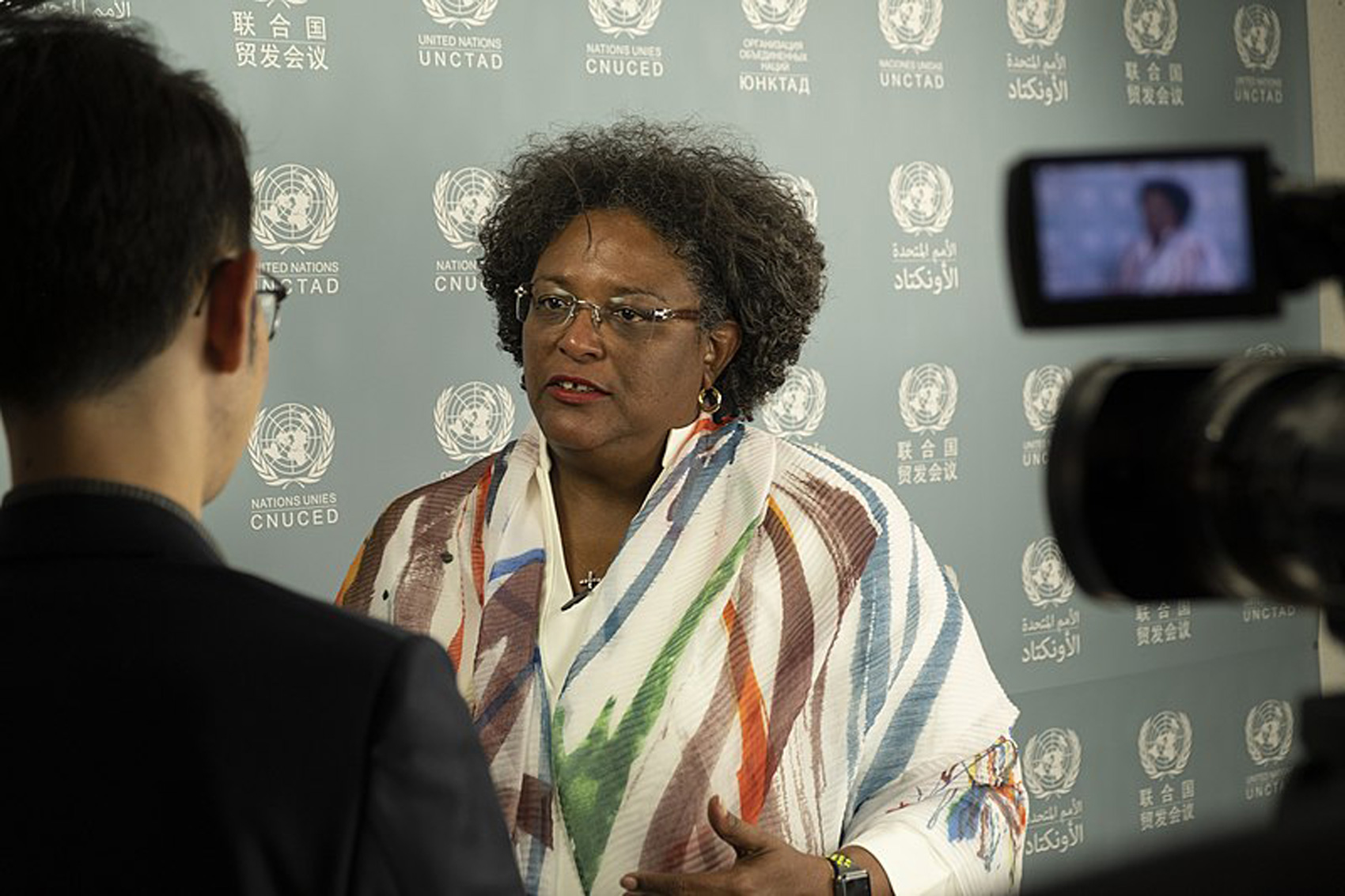You wouldn't know who the European Bank's economic reward is.
- Among the tools for dealing with the economic recession, the European Central Bank is buying debt from large companies with the new printed currency, which in previous years has relieved its debts to states and banks. What started with purchases of up to EUR 60 billion a month has increased to EUR 80 billion since last year. Big corporations guilty of climate change are the beneficiaries of this hyper-cheap money.
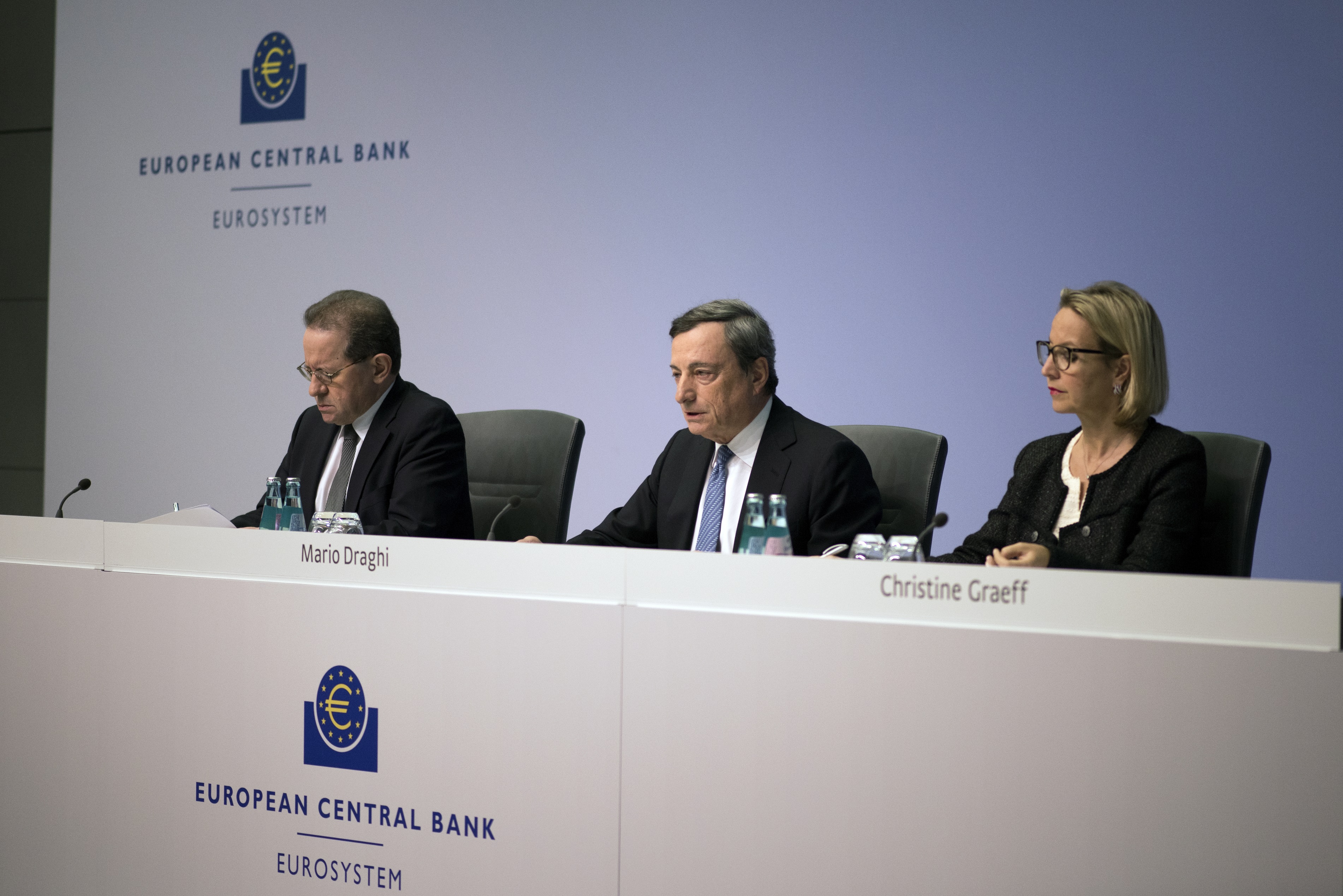
Technically it is known in English as “quantitative easing” (QE), that is, quantitative expansion, and is one of the tools that central banks have to inject cheap money into the market. In a word, the acquisition of debts. In our case, the European Central Bank (ECB) creates a new electronic money with the aim of reactivating the economy by buying bonds from states or private companies, supposedly alleviating debts, so that companies, such as governments, make new expenses and warm up the market. This unusual tool, which is not used in times of a relatively clean economy, is put to work by the authorities when the other standard monetary policies have failed.
Following the burning of numerous ammunition to emerge from the crisis that erupted in 2008, ECB President Mario Draghi started in January 2015, by means of quantitative easing, the mass purchase of debt, buying for the first time bonds to governments and other public institutions in the euro area, to complete 60 billion a month. Draghi aimed to buy over 1.1 trillion euros through QE until September 2016, arguing that the plan would last until the economy proved that it was really starting to improve. How is the improvement to be known? Inflation appears to have risen significantly over the last quarter.
But the QE would barely manage to revive the economy, as in March 2016 the European Central Bank (ECB) raised the ceiling of monthly purchasing debt to EUR 80 billion, which was an increase of 33%, extending the basket of purchases to private corporations, which also had cheap money.
The Observatory of European Corporations, CEO, has followed the trail of purchases made by the European Central Bank until the beneficiaries are identified. “What we have found – says the CEO – is truly worrying, at least if you think, like us, that they are not the right place to put public money, oil, fantastic cars, highways, champagne and play.”
In the CEOE dossier The ECB’s ‘quantitative easing’ funds, the CEOE has shown that the European Central Bank offers very cheap loans to multinationals that have already owned the European market and to corporations responsible for climate change, in the quantitative easing euphemism, which the European authorities have given to multinationals.
There are very few names that are known in these months of companies that have received cheap money. Because the ECB gives the beneficiaries of their purchases a number of codes as their only identity. It is curious that a public bank should act in this way, at a time when the authorities are full of transparency and governance.
The European Corporate Observatory has taken over the decryption of codes, and that is why the ECB is fundamentally supporting all dirty multinationals that are causing climate change, oil and gas companies and car manufacturers, are indifferent or in scandals such as Shell, Repsol, Volkswagen and BMW.
Oil, gas, cars, luxury
The reader will do well by looking at the list that the CEO has attached to his PDF dossier. Close to us, among the great French corporations, Orange, Veolia, Bouygues, Suez, Vivendi, EDF, Danone and a lot of great gold names, as well as Merci Patron! The film so rigorously took off the leader of the luxuries Louis Vouitton-LVMH. The IBEX 35 stars are listed in the list of Spanish companies: Iberdrola, Repsol, Telefónica, Gas Natural, DIA, Enagas, Ferrovial, Mapfre... 53% of Spanish companies placed on the ECB bond market are linked to gas and oil.
The CEO stresses on the one hand that major infrastructures such as highways, high-speed trains and the construction of new airports are being promoted.
For its part, the CEOE notes that “the list of beneficiaries smells of fossil fuels, as the largest oil companies are cared for by Frankfurt [ECB headquarters]. The ECB has purchased bonds at least 11 times from Shell, 16 times from Italian oil company Eni, 6 times from Repsol, 6 times from the Austrian OMV, 7 times from Total.”
At a time when there is so much talk of tackling climate change, European cheap money rewards dirty energy operators. Except for Siemens, which also builds windmills; they are the only ones that mention alternative energy among those supported by the ECB: URENCO, which produces enriched uranium, and Voima, the Finnish operator of nuclear power plants. The car industry also receives cheap money. The list of beneficiaries in Germany includes the names of Daimler-Mercedes and BMW (15 purchase bonds) and Volkswagen (7). As they appear Renault in France or Fiat and also Ferrari in Italy.
Being caught up in scandals or clashes with the local population is no reason to be left out of the distribution of cheap public money. They have purchased a considerable amount of debts from Volkswagen. The same is true of Eesti Energia, who exploits the dirtiest oil in the United States between people's protests.
It also appears on the list that it has made it popular that Ryanair has made cheap flights by stepping up workers’ rights. Like Thales, who produces and sells weapons of all kinds and is involved in cases of political corruption. And Suez, Veolia and Vivendi, who work in the privatization of water in France and in the world. CEOE does not mention the scandal of the Lemoiz nuclear power plant in Iberdrola, because perhaps the authors of the report were too young to know.
All these multinationals that have sold their bonds to public banks with quantitative easing plans will from now on have a period of 31 years to return the money obtained under economic conditions. However, it remains to be seen whether the monetary upturn that is taking place in the euro zone can result in more jobs being multiplied. Many experts say that such a money would benefit better than multinationals would by speeding up the financing of small and medium-sized enterprises, but systems such as EQ are tailored to the giants who have structures to play the first financial division.
“In the end – says the CEO – with great fortunes public support is given to corporations that are worsening the climate, without this making a significant improvement for ordinary European citizens who are hit by the crisis.”
Frankismoa ez zela 1975ean amaitu diktadoreak ohean azken hatsa eman zuenean, hori badakigu. Erregimenaren haziek bizirik iraun zuten poliziaren tortura ziegetan, justizia auzitegien sumarioetan eta militarren zein politikarien deklarazio kolpistetan –Aznarrek azkenaldian... [+]











